India’s foreign policy establishment sees Prime Minister Narendra Modi’s 75th birthday as a moment to review a decade that has revolutionised international perceptions of the country. Modi’s rise as Prime Minister has been linked with a major shift in the projection of India’s soft power. Neither its old civilisation and democratic pedigree nor the diaspora by itself has been responsible for this image. Accentuating them is Modi’s brand of politics and diplomacy, alternately blending theatre with substance, attraction with aggression, that has made India more prominent and credible in global diplomacy.
Joseph Nye, a historian at Harvard, made global headlines by terming soft power as the ability to influence people’s preferences by attraction rather than by coercion or payment. India has always been richly endowed with soft power resources—be it yoga and Bollywood, or pluralism and democracy. But until now, Indian diplomacy had under-utilised its resources. That arithmetic was altered by Modi’s leadership. Since 2014, his diplomacy has demonstrated how leadership charisma, political narrative and cultural projection can convert India’s soft power into a force-multiplier of its diplomacy.
When in 2014 Modi entered South Block, there was little doubt about his diplomatic acumen. But soon, came indications of ambition. He called upon leaders of all SAARC countries to his swearing-in, thereby turning a home ceremony into a regional signal. Later, at the UN, he sought 21 June as an International Yoga Day. Within months, yoga became India’s “gift to the world,” a symbolic export of peace and good health whose resonance across the globe was proof of Nye’s concept of attraction.
At its core, Modi’s soft power strategy has been his personal style. Rarely has there been an Indian leader who so openly put himself at the centre of diplomacy. Modi’s diaspora events in New York, London or Houston weren’t mere community gatherings; they were spectacles proclaiming India’s vitality and confidence. The diaspora itself emerged as a diplomatic resource, raising India’s voice in host societies and strengthening political ties. By celebrating the Indian community abroad on such a large scale and with strong symbolism, Modi demonstrated how overseas outreach could bolster legitimacy at home.
Impact Shorts
More ShortsEqually important has been his ability to use culture and values as instruments of diplomacy. Modi frequently refers to India’s civilisational history and democratic authority. He has cited Sanskrit adages at international forums, advocated Buddhist diplomacy in Asia, and made India an accountable actor in global matters like climate change. While earlier Indian diplomacy feared that cultural projection would sound parochial, Modi showed that cultural confidence enhances international image.
Soft power alone, however, is not enough. What is distinctive about Modi’s approach is that soft power has been complemented with hard power in what Nye later termed “smart power.” The extension of yoga and democracy has been paired with coercive exercises of military power in response to challenges. The 2016 surgical strikes, 2019 Balakot bombings and Operation Sindoor signalled that India would not take terrorism in its stride. Opposition to China in Doklam and Galwan reinforced that impression of resolve. Hard power credibility imparted gravity to Modi’s soft power initiatives, ensuring that India is not simply respected, but feared as well.
Strategically, Modi has recast India’s involvement in the Indo-Pacific. Reviving the Quad with America, Japan and Australia was India’s message that it hoped to play a role in regional security. At the same time, he deepened ties with Gulf monarchies, accepting their highest civilian honours, and established new relations with Israel while maintaining support for Palestine. Pragmatism, unburdened by ideological baggage, has widened India’s diplomatic bandwidth. The personal hallmark of Modi—his ability to reach out to leaders—has reinforced the perception that India’s external policy is driven by a leader who combines ambition with flexibility.
The dividends are visible. India now enjoys a global status beyond its economic influence. Its G20 presidency in 2023 was widely judged successful, partly because it struck consensus despite great variation over Ukraine. The espousal of African Union membership saw India emerge as a leader of the Global South. Vaccine Maitri during the pandemic, when India exported vaccines to hundreds of nations, was interpreted as a demonstration of responsible leadership. Each of these initiatives added substance and symbolism, multiplying India’s soft power magnetism while advancing strategic interests.
Critics are right to caution that soft power is fragile. Internal problems—communal tensions or censorship of dissent—can damage India’s allure if they appear to run counter to the pluralism India projects abroad. Credibility, Nye himself asserted, is central to soft power. The test confronting Modi will be to ensure that the India projected abroad is not undermined by inconsistency at home.
Yet, looked at over the decade, the impact of Modi is undeniable. What used to be a passive soft power has been converted into an active agent. His Gujarat-refined political communication skill has been transplanted to the global stage. The personal, fearless, theatrical yet pragmatic approach to diplomacy has galvanised India’s image as a rising, responsible and vocal power. The combination of soft power allure and hard power display has given India more influence in global matters than in recent times. While Modi marks his seventy-fifth birthday, its greater relevance lies not so much in his personal journey, as in India’s. A country once hesitant to assert its cultural heritage or espouse its democratic values now does so proudly.
The voice of India today across the world is louder, not simply because of its economic and geopolitical clout, but because of credibility and charisma generated by its soft power. That can be attributed largely to Modi’s statesmanship. As India’s diplomat-in-chief, he has ensured that soft power is no longer peripheral, but central to its diplomacy.
Manish Dabhade is founder of The Indian Futures, an independent think tank, and Associate Professor of Diplomacy, JNU. X: @imanishdabhade. Views expressed are personal and do not necessarily reflect Firstpost’s editorial stance.


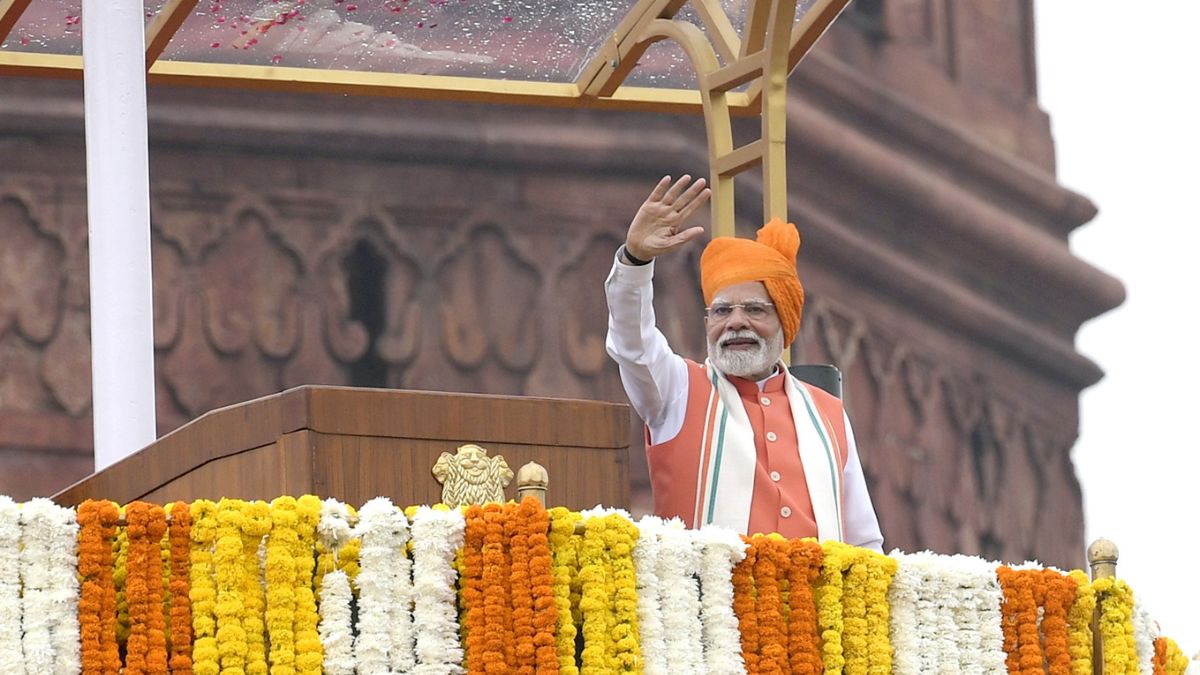)
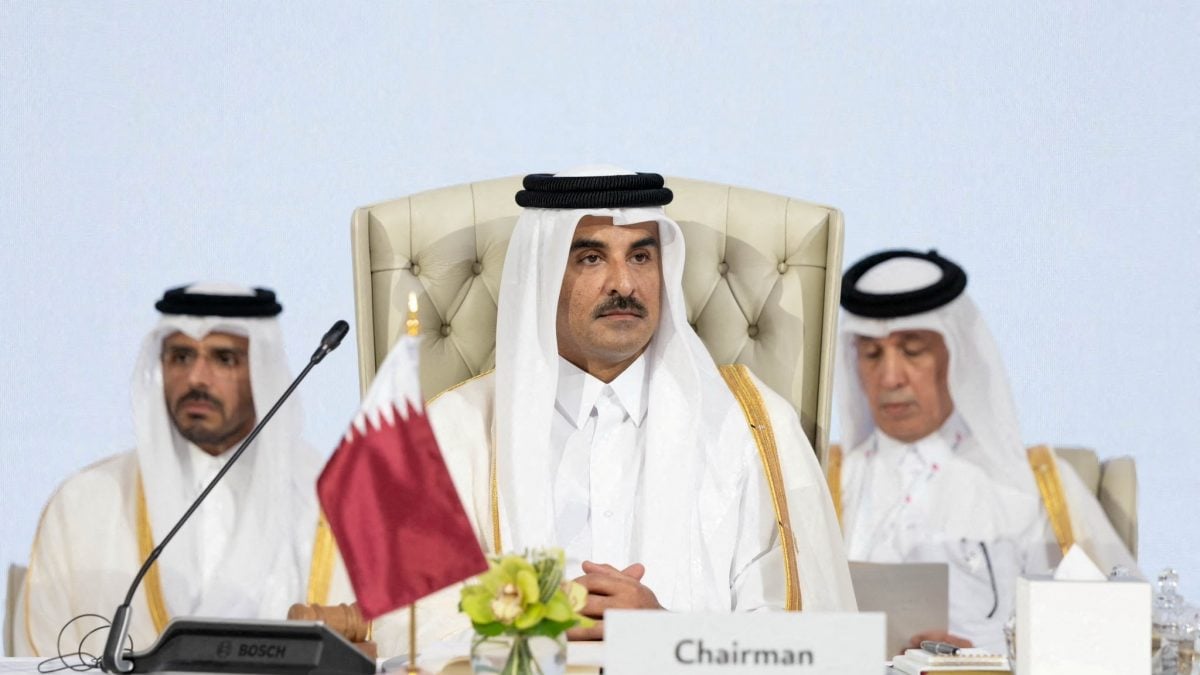
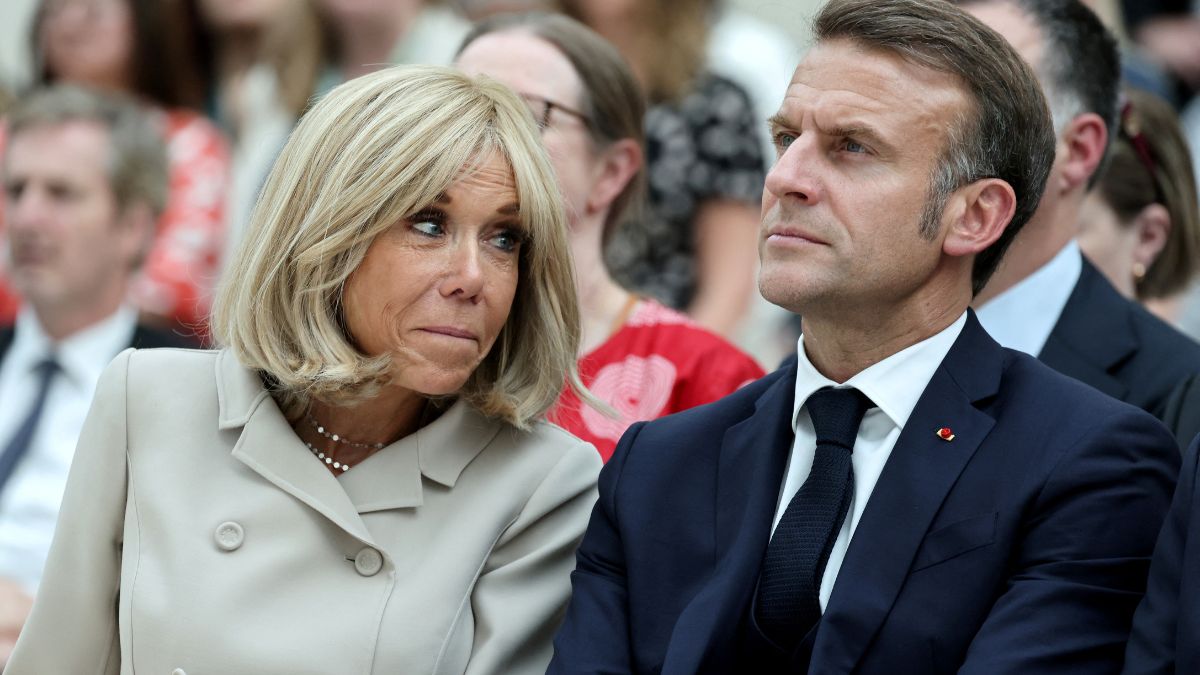)
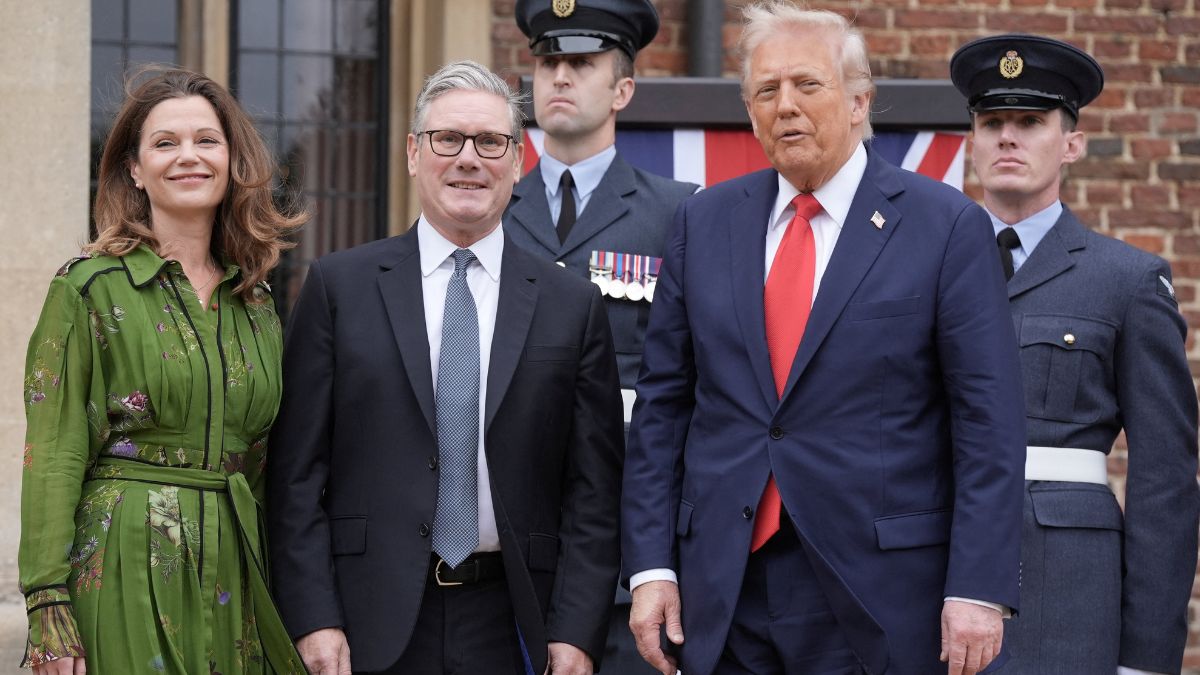)
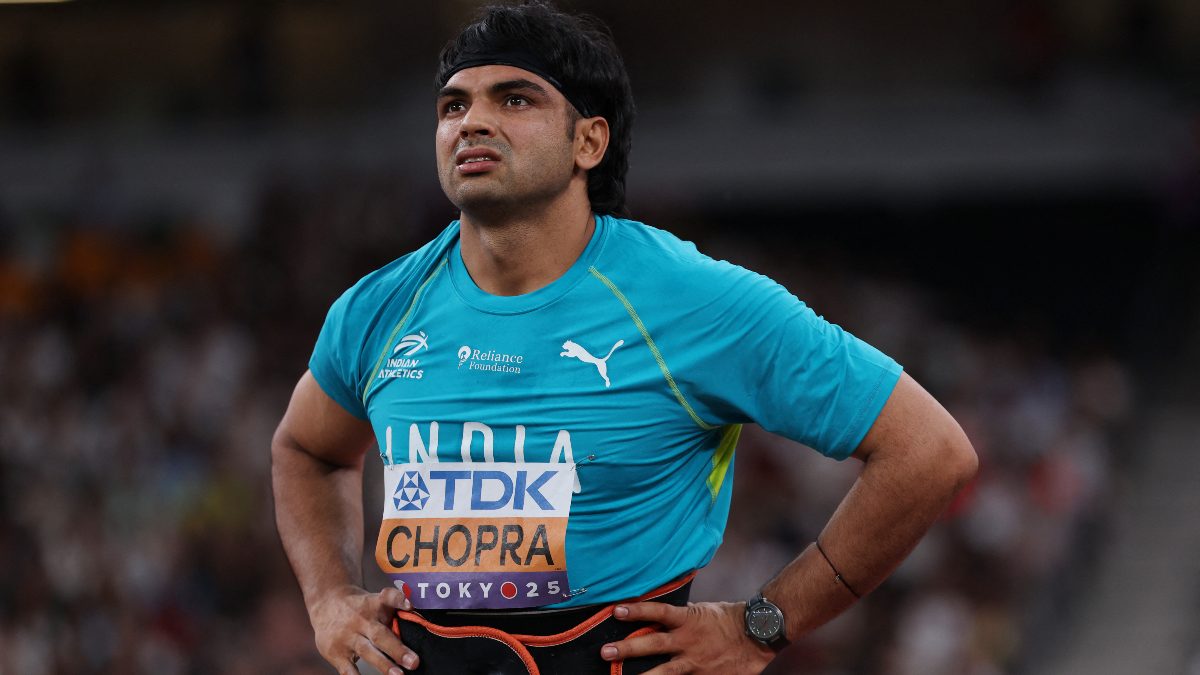)
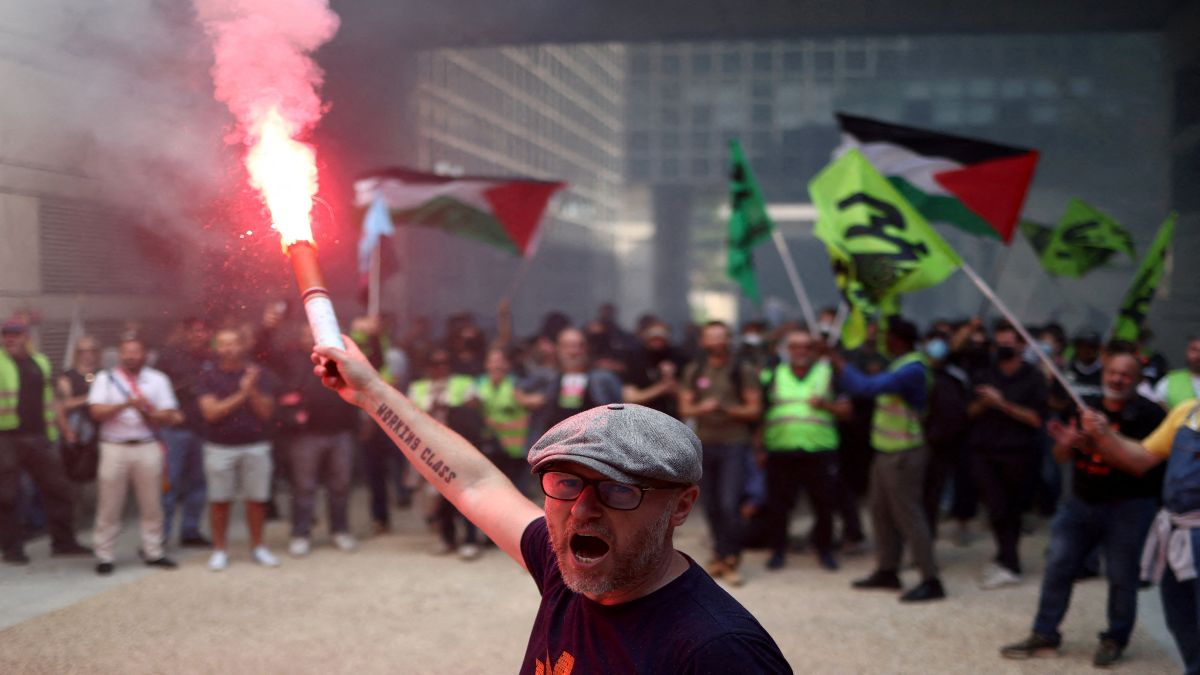)
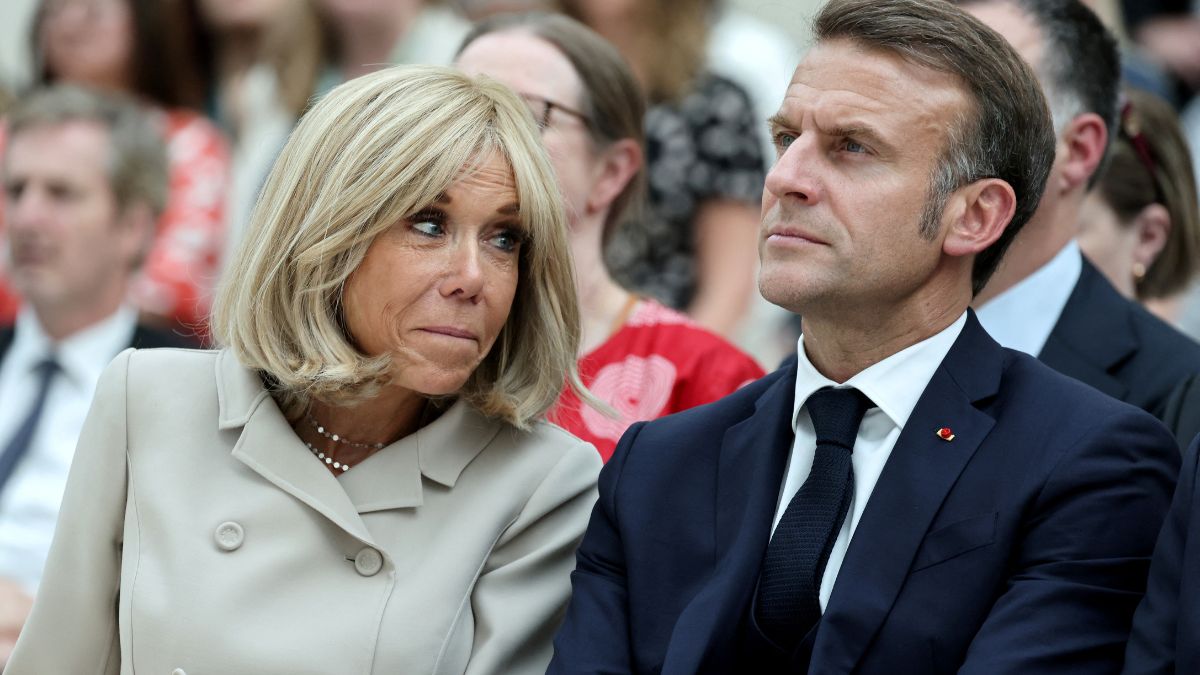)
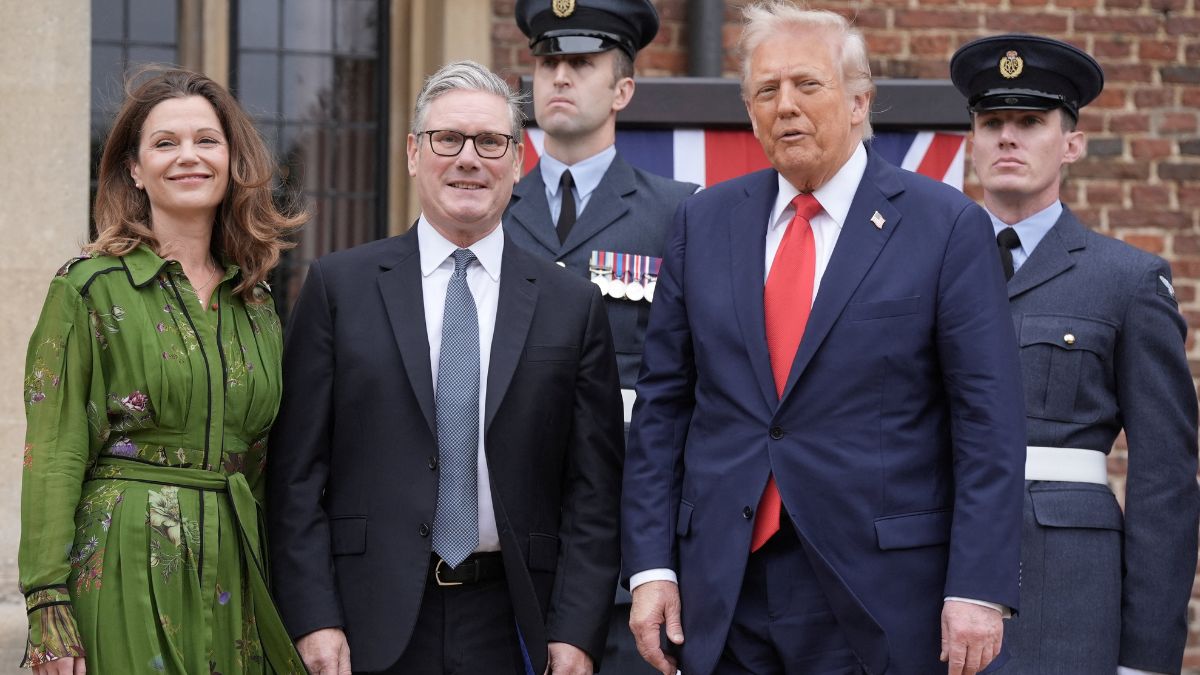)
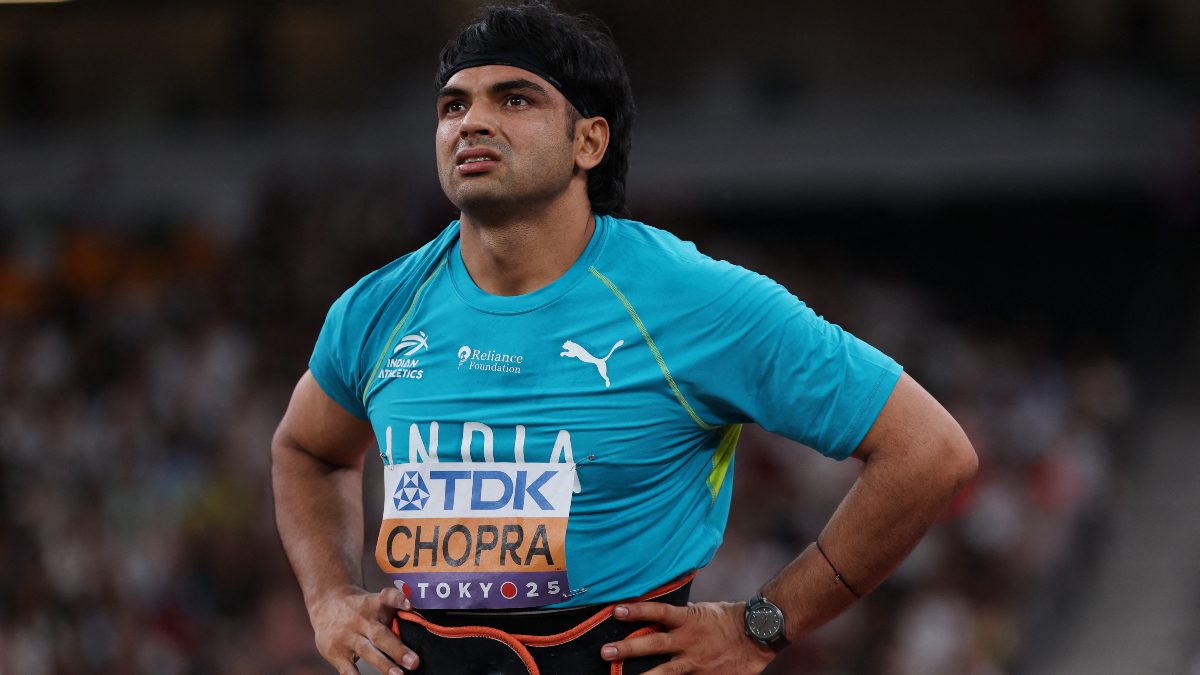)
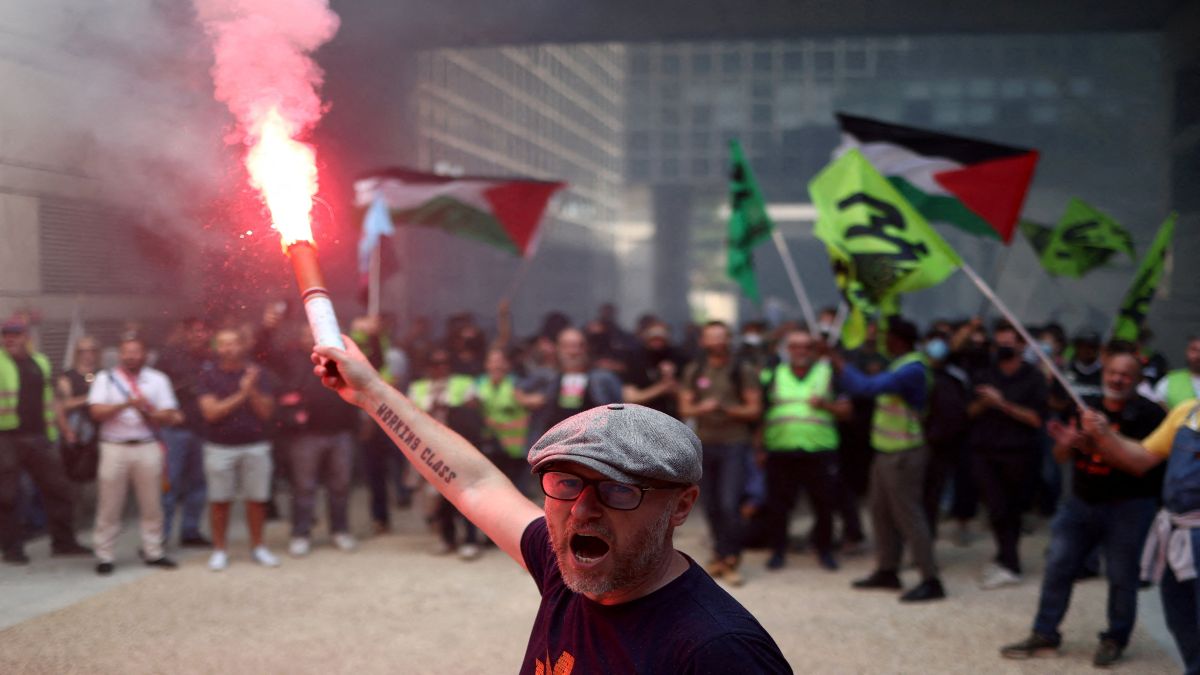)



